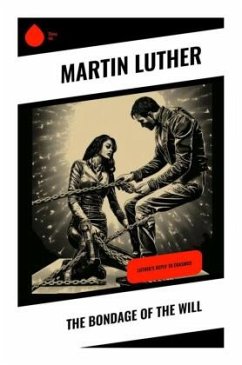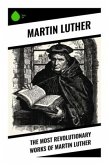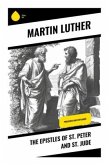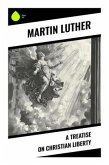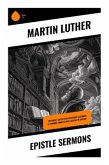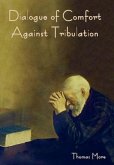In "The Bondage of the Will," Martin Luther presents a pivotal theological discourse that scrutinizes the nature of human will in relation to divine grace and predestination. Written in 1525 as a direct response to Desiderius Erasmus's "De libero arbitrio," Luther employs a compelling and polemical literary style, weaving together scriptural exegesis and philosophical argumentation. This work emerges from the Renaissance context of humanism and the Reformation, challenging the prevailing notions of free will by asserting the total depravity of man and the necessity of God's grace for salvation. Luther's theological insights provoke readers to reconsider the interplay between faith and human agency, marking this text as indispensable to Christian thought. Martin Luther, a seminal figure of the Reformation, was driven by a profound spiritual crisis and a passionate quest for truth in scripture. His commitment to the doctrine of salvation through faith alone, informed by his transformative experience with Romans 1:17, catalyzed his rejection of church practices that he deemed contrary to biblical teaching. Luther's background as an Augustinian monk and scholar underpinned his arguments, resulting in a rigorous challenge to both ecclesiastical authority and contemporary philosophical perspectives. "The Bondage of the Will" is essential reading for anyone seeking to comprehend the theological underpinnings of the Reformation and the debates surrounding free will. This book not only serves as an intellectual foundation for Protestant thought but also invites readers into a deeper contemplation of God's sovereignty and human responsibility, making it a timeless resource for theologians, historians, and laypersons alike.
Bitte wählen Sie Ihr Anliegen aus.
Rechnungen
Retourenschein anfordern
Bestellstatus
Storno

